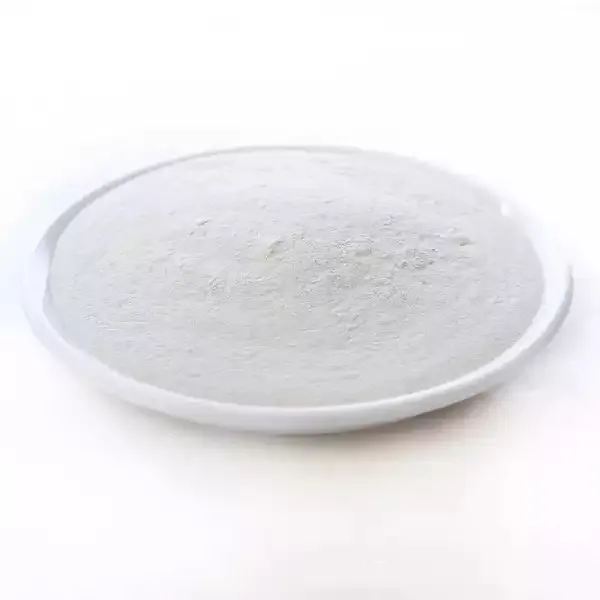Warning: Undefined array key "title" in /home/www/wwwroot/HTML/www.exportstart.com/wp-content/themes/1198/header.php on line 6
Warning: Undefined array key "file" in /home/www/wwwroot/HTML/www.exportstart.com/wp-content/themes/1198/header.php on line 7
Warning: Undefined array key "title" in /home/www/wwwroot/HTML/www.exportstart.com/wp-content/themes/1198/header.php on line 7
Warning: Undefined array key "title" in /home/www/wwwroot/HTML/www.exportstart.com/wp-content/themes/1198/header.php on line 7
- Afrikaans
- Albanian
- Amharic
- Arabic
- Armenian
- Azerbaijani
- Basque
- Belarusian
- Bengali
- Bosnian
- Bulgarian
- Catalan
- Cebuano
- China
- China (Taiwan)
- Corsican
- Croatian
- Czech
- Danish
- Dutch
- English
- Esperanto
- Estonian
- Finnish
- French
- Frisian
- Galician
- Georgian
- German
- Greek
- Gujarati
- Haitian Creole
- hausa
- hawaiian
- Hebrew
- Hindi
- Miao
- Hungarian
- Icelandic
- igbo
- Indonesian
- irish
- Italian
- Japanese
- Javanese
- Kannada
- kazakh
- Khmer
- Rwandese
- Korean
- Kurdish
- Kyrgyz
- Lao
- Latin
- Latvian
- Lithuanian
- Luxembourgish
- Macedonian
- Malgashi
- Malay
- Malayalam
- Maltese
- Maori
- Marathi
- Mongolian
- Myanmar
- Nepali
- Norwegian
- Norwegian
- Occitan
- Pashto
- Persian
- Polish
- Portuguese
- Punjabi
- Romanian
- Russian
- Samoan
- Scottish Gaelic
- Serbian
- Sesotho
- Shona
- Sindhi
- Sinhala
- Slovak
- Slovenian
- Somali
- Spanish
- Sundanese
- Swahili
- Swedish
- Tagalog
- Tajik
- Tamil
- Tatar
- Telugu
- Thai
- Turkish
- Turkmen
- Ukrainian
- Urdu
- Uighur
- Uzbek
- Vietnamese
- Welsh
- Bantu
- Yiddish
- Yoruba
- Zulu
Nov . 26, 2024 20:28 Back to list
Understanding the Uses and Benefits of Propylene Glycol in Various Industries
Understanding Propylene Glycol A Versatile Compound
Propylene glycol, a synthetic organic compound, is widely recognized for its numerous applications across various industries. With the chemical formula C3H8O2, it is a colorless, odorless, and tasteless liquid that is hygroscopic, meaning it readily attracts water. This property, along with its low toxicity, makes propylene glycol an incredibly versatile substance.
One of the primary uses of propylene glycol is in the food industry, where it serves as a generally recognized as safe (GRAS) ingredient. It functions as a food additive under the E1520 designation, which helps retain moisture, enhances flavor, and acts as a solvent for food colorings and flavorings. You can find propylene glycol in a plethora of processed foods, including baked goods, ice creams, and salad dressings. Its ability to prevent food from drying out is particularly valuable in extending shelf life and maintaining the quality of products.
In addition to its role in food products, propylene glycol is a popular ingredient in pharmaceuticals. It is often used as a carrier for active ingredients due to its solvent properties. This means it can help dissolve medications for oral, injectable, or topical applications. Its low toxicity makes it an attractive option for use in formulations intended for sensitive populations, such as children and the elderly. Many over-the-counter and prescription medications utilize propylene glycol to enhance absorption and efficacy.
propylene glycol i

Propylene glycol is also prevalent in the cosmetic and personal care industry. It is found in a variety of products including skin creams, lotions, shampoos, and deodorants. Here, it acts as a humectant, which helps to maintain moisture levels in the skin and hair. Its smooth, slippery texture improves the feel and spreadability of cosmetic formulations. Additionally, it assists in dissolving other ingredients, making it a key component in many beauty products.
The industrial sector often employs propylene glycol in antifreeze and de-icing solutions, particularly in situations where safety concerns arise regarding traditional ethylene glycol antifreeze. Propylene glycol’s non-toxic nature allows it to be used in applications where accidental spills might occur, such as in food processing facilities and areas where animals may come in contact with the substance.
Despite its abundant uses, concerns about propylene glycol occasionally arise. While it is considered safe at low levels, excessive exposure can lead to potential health risks, including skin irritation or, in rare instances, more serious allergic reactions. However, regulatory agencies like the FDA, WHO, and the European Food Safety Authority consistently monitor its use and establish guidelines to ensure consumer safety.
To summarize, propylene glycol is an incredibly useful compound that plays a crucial role in multiple fields, including food production, pharmaceuticals, cosmetics, and industrial applications. Its unique properties make it suitable for a wide array of purposes, contributing to product stability, efficacy, and safety. As industries continue to innovate and develop new applications, propylene glycol’s versatility will likely continue to be harnessed for a broad range of products. Understanding its functions and benefits can help consumers make informed choices about the products they use every day.
Latest news
-
Certifications for Vegetarian and Xanthan Gum Vegetarian
NewsJun.17,2025
-
Sustainability Trends Reshaping the SLES N70 Market
NewsJun.17,2025
-
Propylene Glycol Use in Vaccines: Balancing Function and Perception
NewsJun.17,2025
-
Petroleum Jelly in Skincare: Balancing Benefits and Backlash
NewsJun.17,2025
-
Energy Price Volatility and Ripple Effect on Caprolactam Markets
NewsJun.17,2025
-
Spectroscopic Techniques for Adipic Acid Molecular Weight
NewsJun.17,2025

